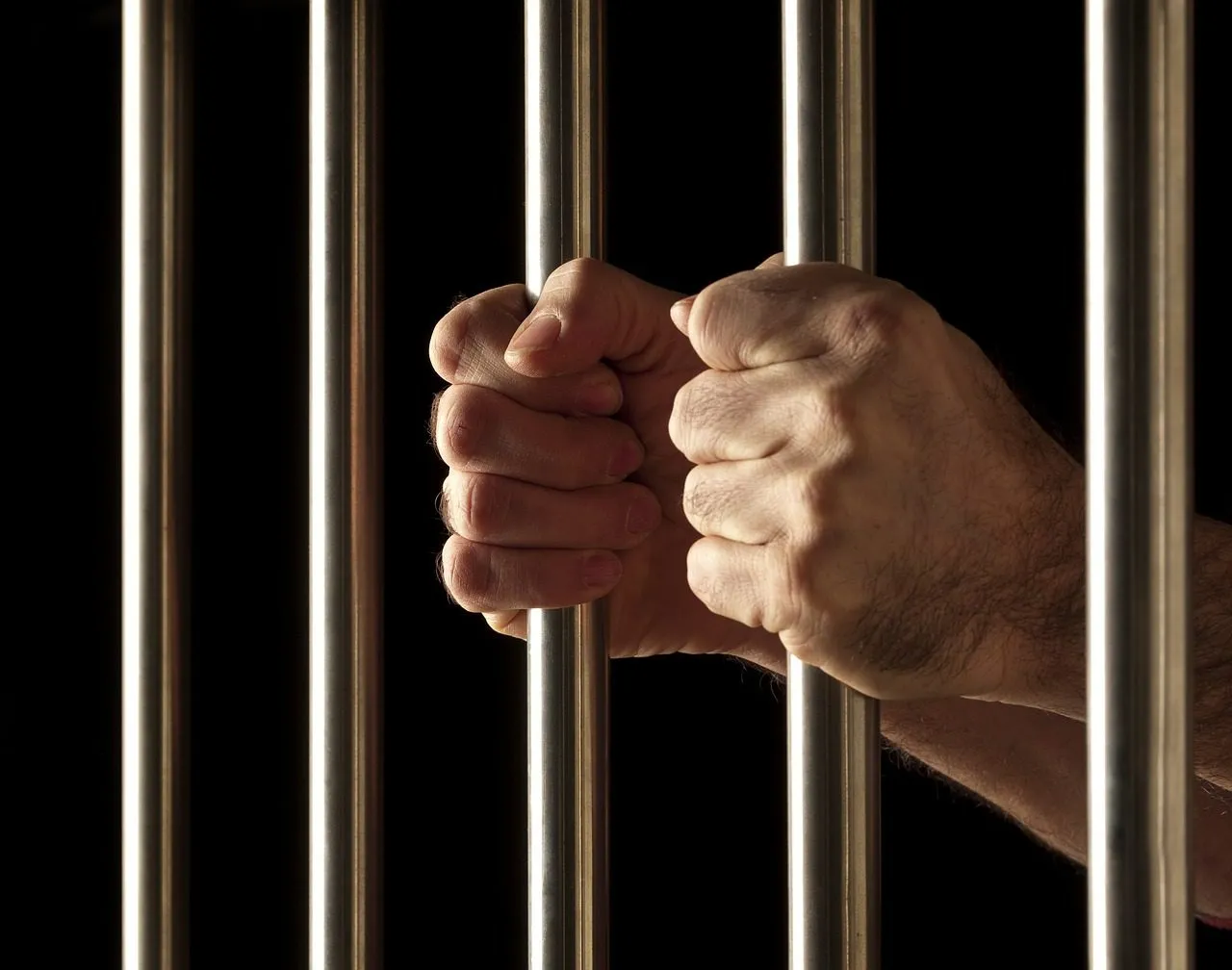Introduction
The principle of “innocent until proven guilty” is the cornerstone of the American justice system. It ensures that everyone accused of a crime has the right to a fair trial. However, navigating the complexities of criminal law can be daunting without professional help. This is where the criminal defense attorney comes into play. Here’s how an experienced and skilled criminal defense lawyer can support you through this challenging time.
What a Criminal Defense Lawyer Does
1. Understanding the Charges and Consequences
The first step in any criminal defense is fully understanding the charges against you and the potential consequences. A criminal defense attorney will explain the nature of the charges, the possible penalties, and the legal processes involved. This foundational knowledge is crucial for building a robust defense strategy.
How a Lawyer Helps:
- Provides a clear, straightforward explanation of the legal challenges you face.
- IT helps set realistic expectations for the trial and potential outcomes.
2. Investigating the Case
A thorough investigation is the backbone of an effective defense. Your criminal lawyer will gather facts, evidence, and interview witnesses to build a strong case. This may involve challenging the prosecution’s evidence by finding inconsistencies or procedural errors.
How a Lawyer Helps:
- Conducts a detailed investigation to uncover helpful evidence.
- Engage private investigators or experts when necessary to strengthen your defense.
3. Strategy Development
Every criminal case is unique, and a one-size-fits-all approach doesn’t work. A criminal defense attorney tailors a defense strategy that best fits your specific situation, whether it’s negotiating a plea deal or preparing for a full trial.
How a Lawyer Helps:
- Analyzes all evidence and applies the law in ways that favor your case.
- Decides on the best legal strategy, from plea bargaining to trial advocacy.
4. Plea Bargaining
In some cases, the best course of action might be to negotiate a plea deal with the prosecution. A Criminal Law Defense Lawyer can negotiate on your behalf to potentially reduce your charges, lessen your sentence, or arrange for alternative penalties like probation.
How a Lawyer Helps:
- Skillfully negotiates with prosecutors to secure the most favorable deal.
- Ensures that you understand all THE implications of accepting a plea deal.
5. Representation in Court
If your case goes to trial, having a criminal defense lawyer who is articulate and persuasive can make a significant difference. Your lawyer will represent you in court, arguing your case, cross-examining witnesses, and presenting evidence to the jury.
How a Lawyer Helps:
- Use legal expertise to represent you effectively in front of a judge and jury.
- Work tirelessly to advocate on your behalf and aim for the best possible outcome.
6. Sentencing
If the trial does not result in a favorable outcome, your criminal defense attorney plays a critical role in the sentencing phase. They can advocate for a lighter sentence, considering factors like a lack of prior criminal history or mitigating circumstances in your case.
How a Lawyer Helps:
- Arguments for reduced sentencing using mitigating factors.
- Seeks alternative sentencing options that may be available, like rehabilitation programs.
Conclusion
Facing criminal charges can be one of the most stressful experiences in a person’s life. However, you don’t have to face it alone. A criminal defense lawyer provides crucial legal support, representation, and peace of mind during such turbulent times. By choosing a well-prepared and experienced criminal defense attorney, you ensure that your rights are protected and your side of the story is heard, upholding the principle of “innocent until proven guilty.”


